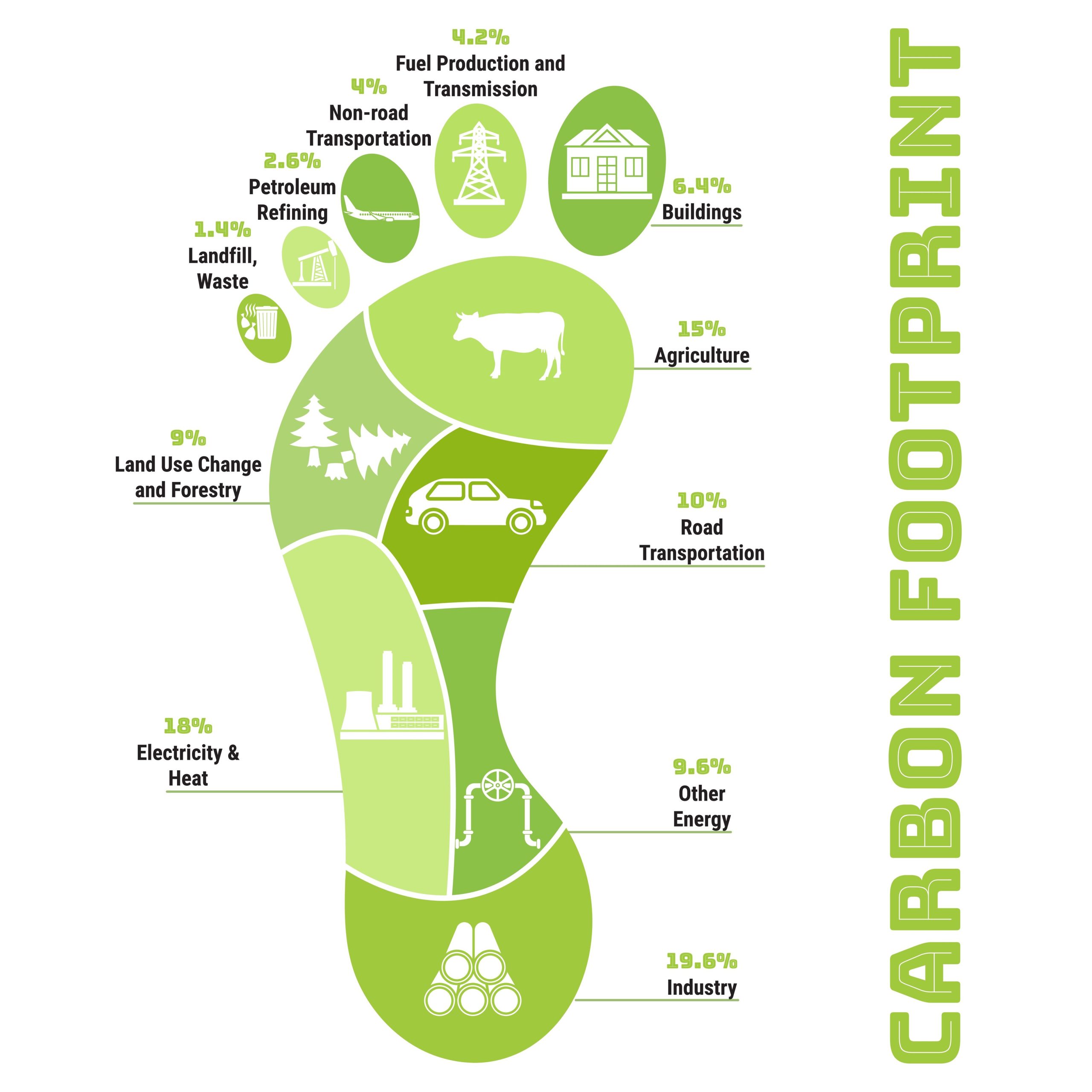Carbon reporting is impacting a growing number of businesses, with most recently Jaguar Land Rover group requiring their Tier 1 suppliers to report on their emissions, and state their trajectory towards Net Zero Carbon. Many supermarkets for example have been requiring this for a few years.
Here at the Clean Tech Business Group, we’ve recently been supporting a number of recruitment agencies do just this, as it is a pass / fail requirement for a new NHS Framework tender for the recruitment of medical personnel.
Last year, the Cabinet Office mandated that bidders for new Public Sector contracts and frameworks with a value over £5m, must have in place, and published, a carbon reduction plan.
So what does that mean exactly?
Simply, a company sets a Baseline year for its carbon emissions, and measures the total carbon for that year, by Scopes 1,2 and 3*. This baseline year is the period against which future reductions are measured.
Then, the company must set a target year for achieving Net Zero Carbon, and describe all the specific actions it will take to achieving that. These could be mitigation measures such as switching fuels for example, combined with carbon offsetting.
Lastly, companies must report, at least annually, their progress towards their Net Zero target, by repeating the carbon measurement process.
At first, this can be hard for a business owner to get his or her head around, but it soon becomes as familiar as annual financial reporting.
One thing is for certain, it is becoming harder to avoid mandatory carbon reporting, but it really isn’t that difficult to do.
Ewan Bent, 27 Sept 22
* Scopes 1,2 and 3 will be described in a future CTBG article
